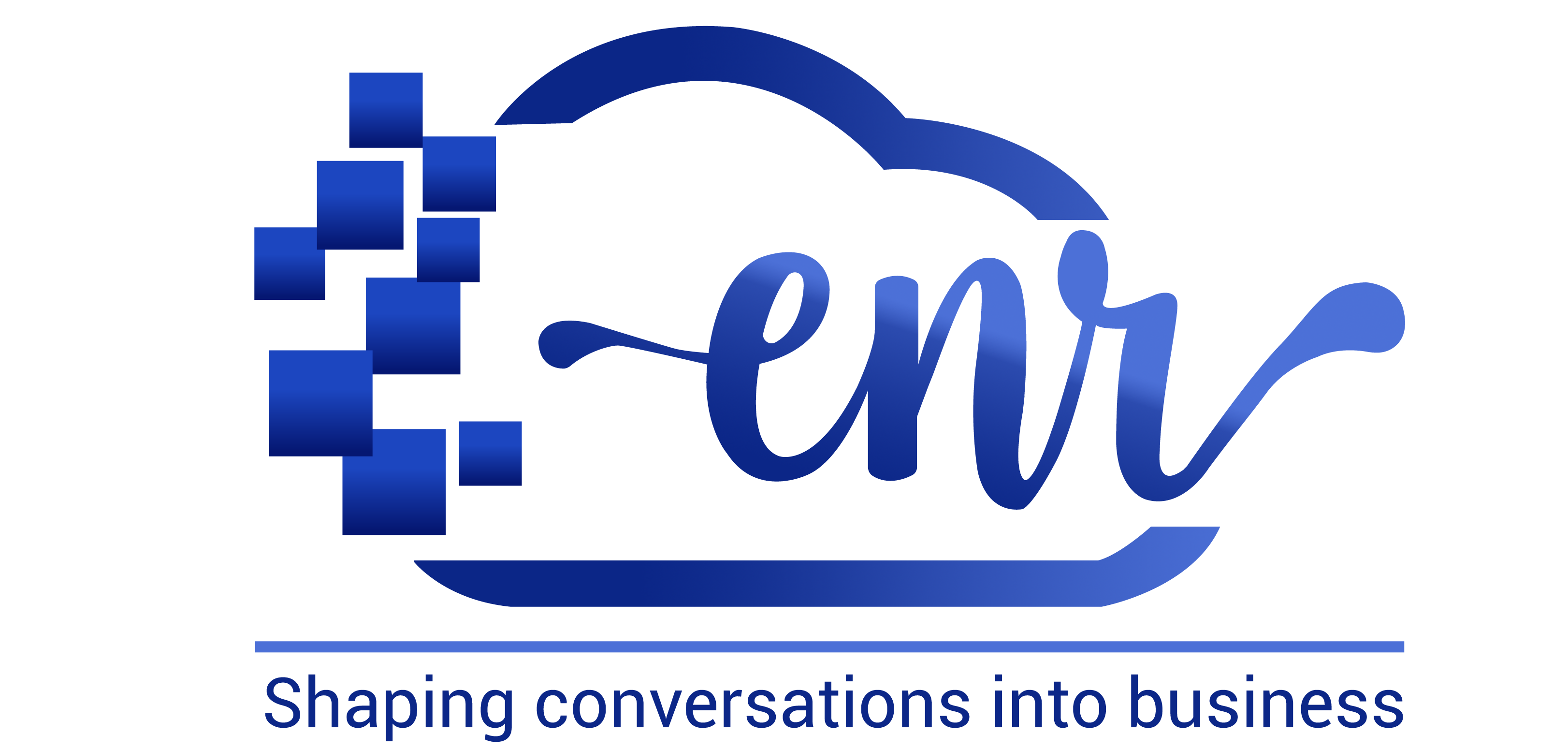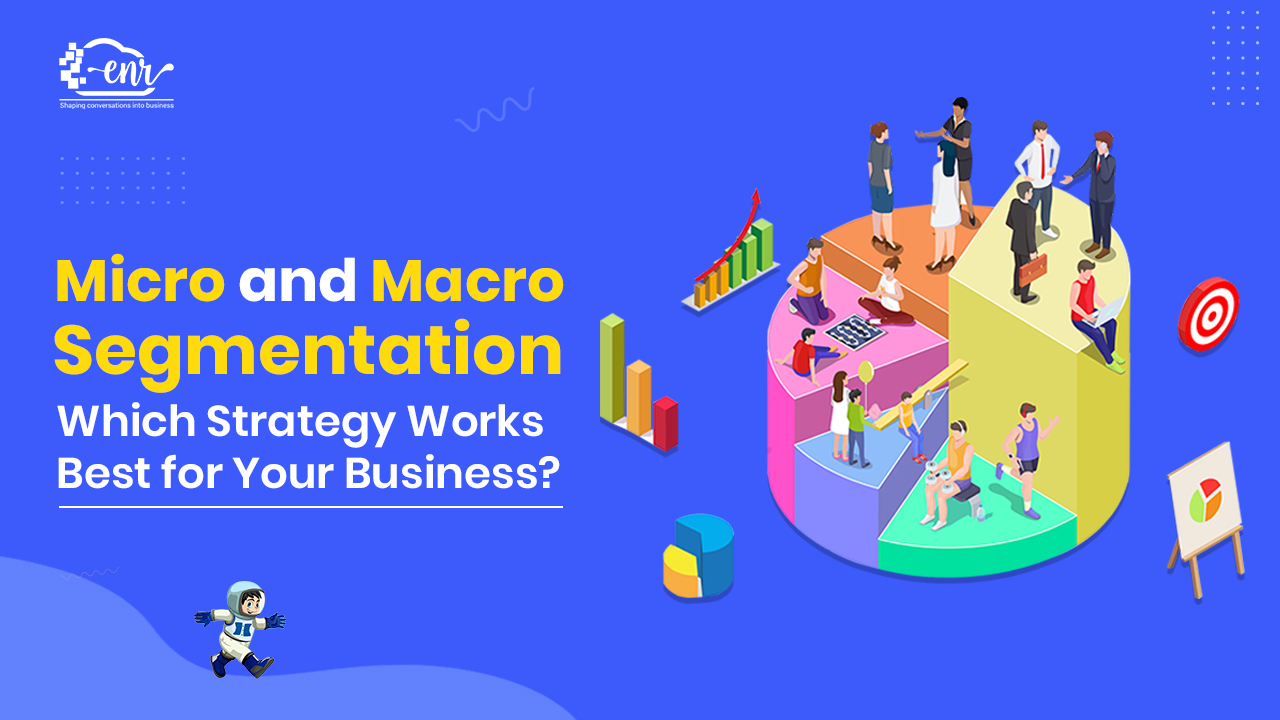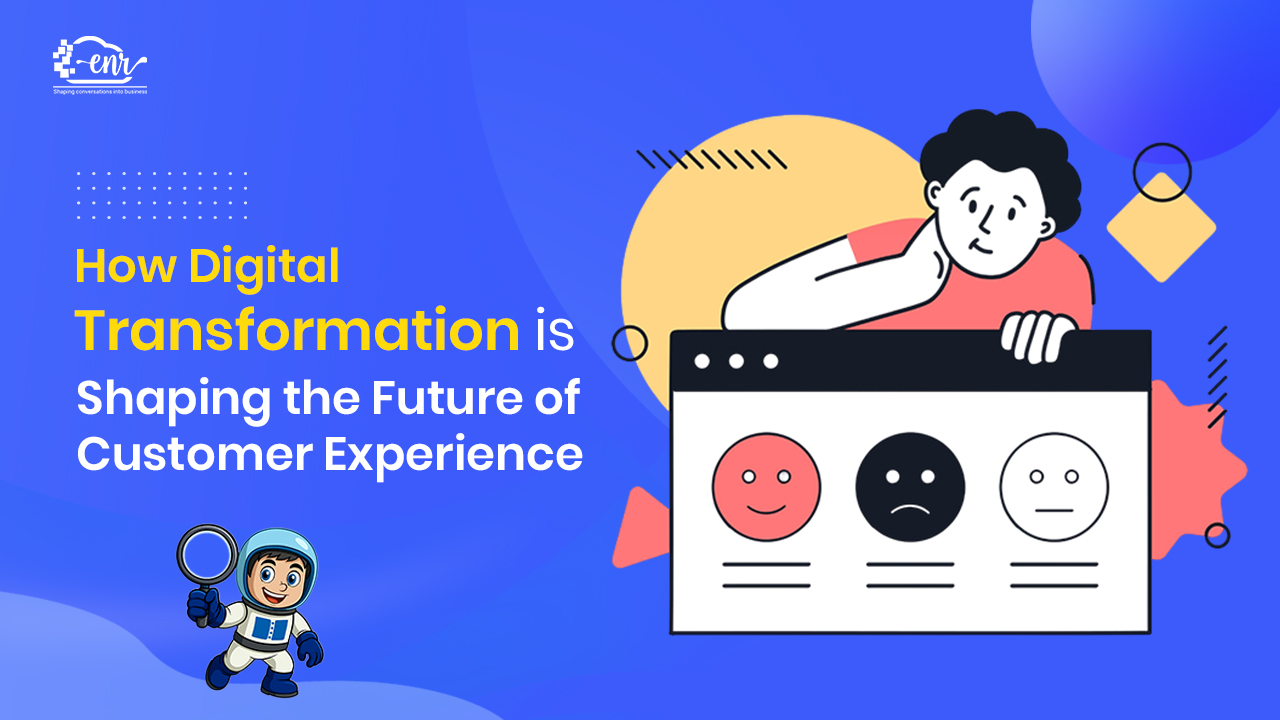Table of Contents
ToggleIntroduction
Segmentation is the key to correct personalization, and personalization is the way to gain interest and loyalty, which are the two important pillars of product success. Segmentation marketing is the proven way to create personalized experiences for the consumer and build the business effectively.
Segmentation uses different approaches to group consumers based on various characteristics to make their marketing efforts more precise and relevant. Take, for example, you want to launch a new flavor of popcorn, then in order to make it popular, the groups to target will be people who watch movies, and people who have a history of trying out popcorns and the group to ignore are people who have dental issues and cannot chew popcorn.
Precision segmentation marketing increases engagement and reduces the efforts to improve conversions. In today’s competitive landscape, segmentation allows all types of businesses to divide their market into smaller and more manageable groups to cater to the needs of different customers.
Micro and Macro Segmentation
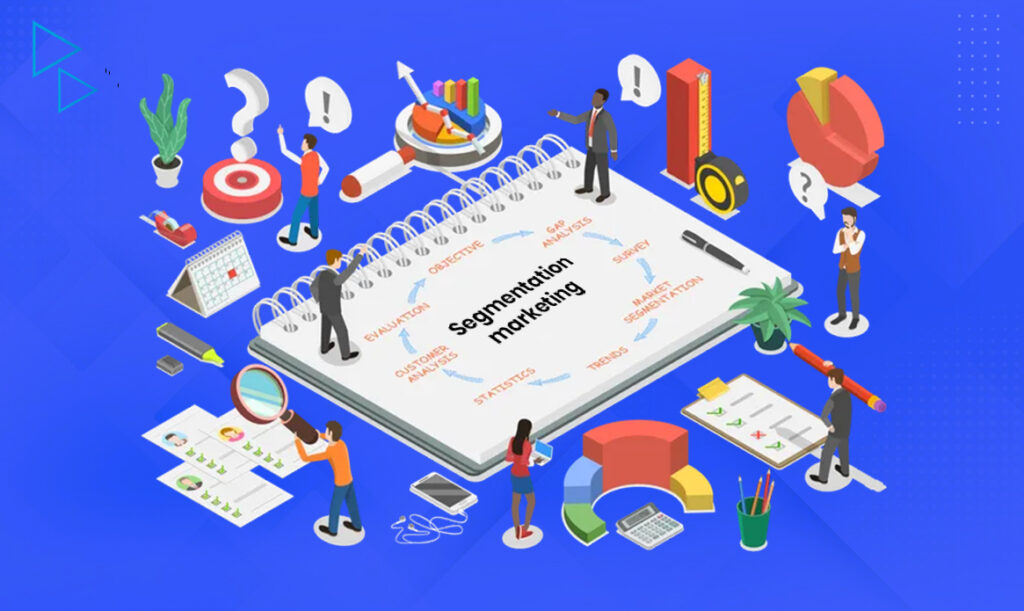
Segmentation marketing can be divided into two broad categories: micro and macro. The niche audience segments help implement strategies, catch on to future trends, and so much more. While macro segmentation focuses on large scale market division, micro segmentation delves deeper into customer data and crafts sophisticated, personalized marketing efforts. Below we will explore more about the segmentation marketing techniques, their benefits, differences, and which to choose.
Macro Segmentation
Macro segmentation is the process of dividing the target customers into large, broad groups based on some fundamental characteristics. The groups are based on high-level attributes to help businesses understand the broad target audience. Most businesses often start with this type of segmentation marketing and slowly graduate to micro segmentation.
Key Characteristics of Macro Segmentation
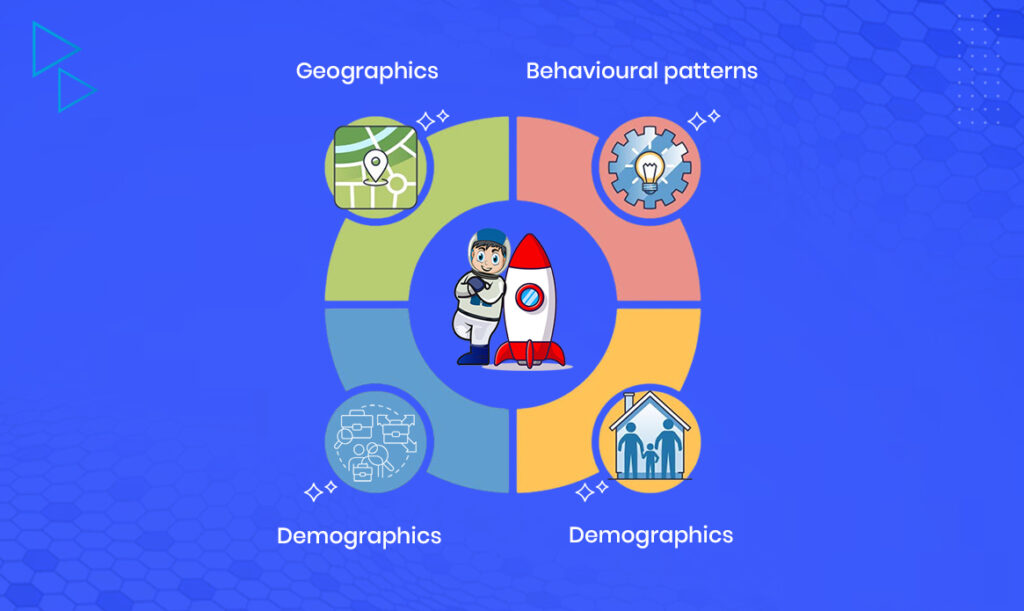
- Demographics: Age, gender, occupation, marital status, education level, income group.
- Geographics: Country, region, climate, urban vs. rural location, climate.
- Industry Based Segmentation or Firmographics: Used for B2B marketing primarily, it includes business type and size, annual revenue, employee count, and location.
- Behavioral Patterns: Buying patterns, usage rates, loyalty, product interest.
Advantage of Macro Segmentation Marketing
- Efficiency: Enables the creation of large-scale marketing campaigns
- Gives a broad overview of the market potential
- Cost efficient and effective
- Helps create high level marketing strategies
- Perfect for mass marketing campaigns
- Suitable for businesses expanding in new markets
- Better and simpler resource allocation, working more efficiently
However, macro segmentation lacks personalization, which is crucial in modern marketing. Hence micro-segmentation becomes crucial.
Examples of macro segmentation

- Retail Industry: The clothing businesses segment their audiences into men’s and women’s wear apparel categories.
- Car Manufacturers: Different income groups are targeted for types of cars, i.e., economy cars, mid-range cars, and luxury cars.
- SAAS Companies: SaaS companies categorize businesses into small, mid-sized firms, and enterprises based on the number of employees
Micro Segmentation
This type of segmentation marketing divides customers into highly specific groups. This is a personalized marketing strategy which divides customers into specific groups based on detailed characteristics. This highly granular approach makes tiny, targeted customer groups for highly relevant marketing.
Key Characteristics of Micro Segmentation
- Psychographics: Values, interests, lifestyles, personality, preferences, and attitudes
- Behavioral data: Purchase history, online activity, product preferences and browsing habits
- Customer Journey Stage: new customers, repeat buyers, loyal customers, enquiring customers
- Engagement Metrics: Frequency of interactions, email open rates, click rates, website visits, brand engagement on social media, and physical stores
- Real Time Data: Time sensitive interactions and offers, location-based targeting and marketing,
Advantages of Micro Segmentation Marketing
- Higher Customer Engagement: Personalization attracts customer interactions which in turn boots engagement and customer experience.
- Improved Conversions: Micro segmentation marketing gives highly relevant content. Customers respond faster and better to the offers or relevant messaging if they match their requirement.
- Better Customer Experience: Hyper personalized offers through segmentation marketing results in a smooth customer experience, increased loyalty, and retention
- Focused Cost Efficiency: Using micro segmentation enables businesses to spend more on customers who are more likely to convert using highly targeted marketing campaigns
- Easy Monitoring of Customer Behavior: It is easier for businesses to track customer behavior shifts and then refine sales and marketing strategies effortlessly. For example, running a retargeting email campaign.
- A Competitive Edge: Using highly targeted marketing campaigns, it is easy to offer a superior experience compared to the competition and differentiate yourself from others
However, macro segmentation needs an initial investment of advanced data analysis tools, AI driven marketing automation, and data collection capabilities, making it more resource-intensive.
Micro Segmentation Marketing Example

Fitness Brands and Companies: Use micro segmentation to target customers with bespoke workout plans and promotional offers based on their workout preferences (Yoga, Zumba, Running, etc.)
E-commerce Online Stores: segment customers based on their ages and electronic buying trends to present them with an individualized discount on new purchases. This can be in the form of shipping discounts or discounts on emails or social media.
A Coffee Shop Offers Exclusive Combos or Offers: to consumers who show love for their lattes.
Streaming Services Like Netflix and Hotstar: Recommend content based on watch history, likes, searches, and watching habits.
Studies have shown that emails that have client-specific subject lines give a 26% higher open rate and a 760% increase in revenue compared to generic mass emails.
Difference Between Macro and Micro Segmentation Marketing
| Aspect | Macro Segmentation | Micro Segmentation |
| Scope | Broad and general categorization | Narrow and specific based on characteristics |
| Criteria | Demographics, geographics, firmographics | Psychographics, behaviour, real-time data, engagement levels |
| Marketing Strategy | Mass marketing | Personalized and hyper-focused marketing |
| Customer Targeting | Large customer groups that are likely to convert | Individualized customer focus at a more granular level |
| Example | A company targets all urban customers | A company targets urban customers who frequently buy a specific product |
Conclusion
Both micro and macro segmentation play a vital role in defining the sales and marketing strategy. They are crucial to all organizations; macro segmentation, helps reach a wide target audience, while micro segmentation marketing enables customized and data-driven sales and marketing. Successful businesses use a hybrid combination of segmentation marketing to drive sales and build a stronger customer relationship.
For example, for a fitness company, macro segmentation is dividing the customers in broad segments such as beginners, intermediate or advanced weight lifters, and then proceed to do a micro segmentation based on personal fitness goals, workout history, and preferences, and past purchases. Combining both types of segmentation gives a business the balance to reach a large number of consumers and still have a personalized approach to sales and marketing.
Read Also: Segmentation, Targeting and Positioning: A Simple Guide for Businesses
Written By – Amit Bhateja
Amit Bhateja is the co-founder of enrcloud and helping brands and Unicorns from the last 15+ years and overachieve their Engagement and Retention goals. He is passionate about solving customer problems with modern technology, new age solutions, and consultancy approach. Besides Building ENR, He enjoys reading books, spending time with his family and Teammates, traveling, meeting new people, learning new things, and love to close the business deals.
